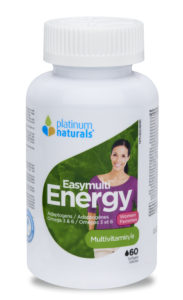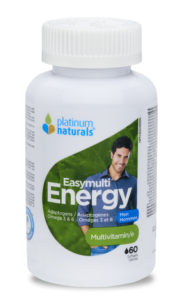Consult with a Nutritionist
Adaptogens - Nature's Stress Support
HAve you ever considered using adaptogens for stress? Stress is not always a bad thing. Without our ability to feel stress, we wouldn’t have survived past our caveman days. When we are under stress, our body responds as if it is under attack and switches to ‘fight or flight’ mode, releasing a mix of hormones and chemicals that prepare us for action. These hormones and chemicals gave our ancestors the energy they needed at that moment to avoid danger.
In our world, the ‘fight or flight’ leads our body to divert blood from our brains to the muscles required for fight or flight. This lack of blood flow can impact our ability to think clearly, and stress on a regular basis will raise our cortisol levels and lead to increased sugar and blood pressure levels and decreased libidos.
Adaptogens are natural substances that help us "adapt" to stress and keep our body in equilibrium. They enable our bodies to avoid reaching a point of collapse or over-stress because they can adapt ‘around’ the problem by adjusting the stimulating and sedating effects. Adaptogens support our adrenals, the glands that manage our hormonal response to stress and help us cope with anxiety and fatigue.
The term “adaptogen” was first coined in 1947 by Dr. Nikolai Lazarev, a Russian scientist; however, the definition often used was created by Isreal Brekham, PhD and Dr. I. V. Darymovhe in 1968.
- An adaptogen is nontoxic to the recipient.
- An adaptogen produces a nonspecific response in the body—an increase in the power of resistance against multiple stressors including physical, chemical, or biological agents.
- An adaptogen has a normalising influence on physiology, irrespective of the direction of change from physiological norms caused by the stressor.



